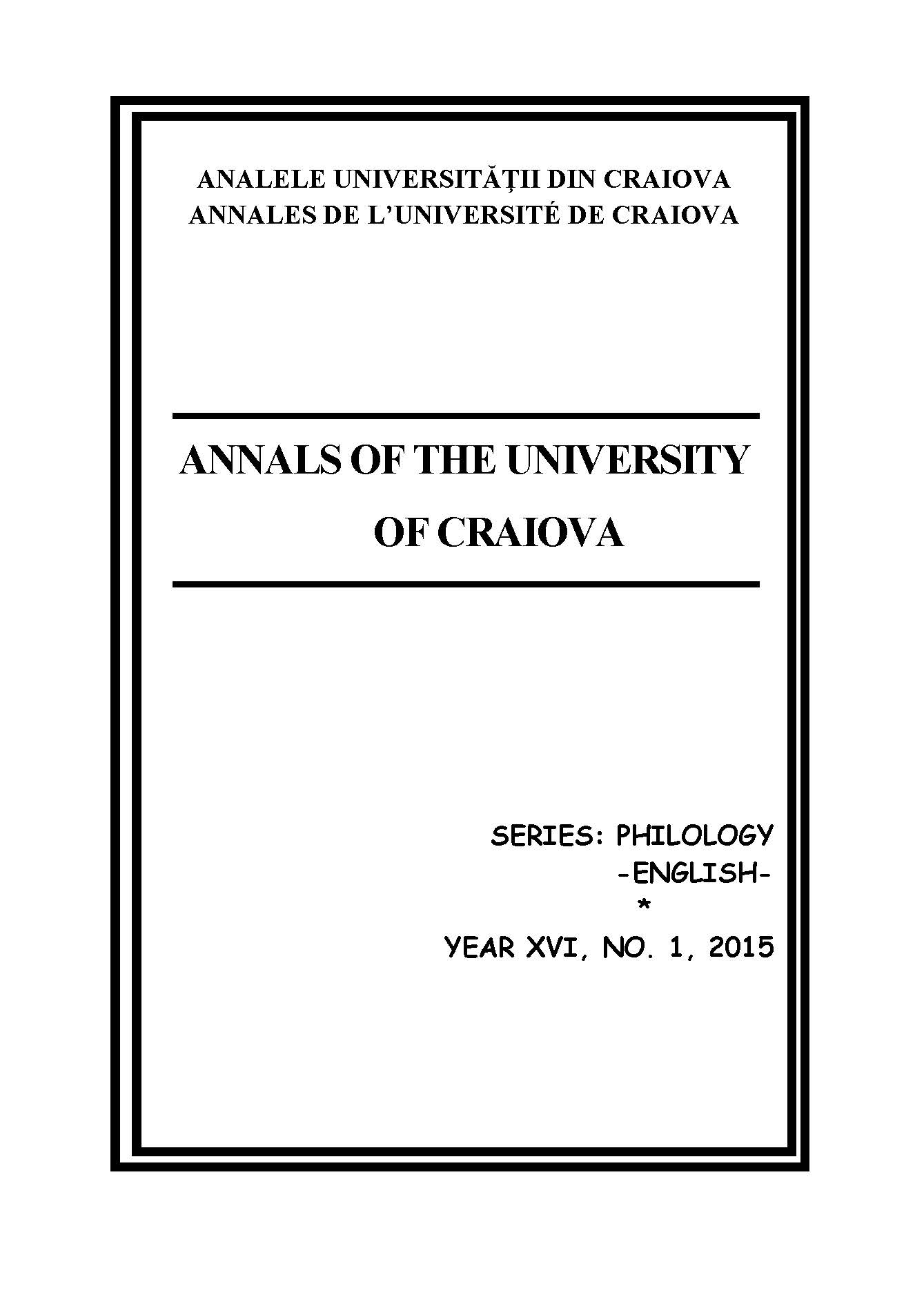A Co-Action and Intercultural Perspective in Teaching
Romanian as a Foreign Language
A Co-Action and Intercultural Perspective in Teaching
Romanian as a Foreign Language
Author(s): Anca PaunescuSubject(s): Language and Literature Studies
Published by: Editura Universitaria Craiova
Keywords: cultural perspective; specific contexts; intercultural dialogue.
Summary/Abstract: Intercultural education should not be identified with multilingualism (diversifying the foreign languages study offer within an educational system) or with plurilingualism (the competence to switch between foreign languages), but with functional adequacy in a wide range of communication-oriented encounters. It is quite obvious that a language can be adequately mastered, only if learners are frequently exposed to it in contexts based on its real-life purpose. Learning a language is not solely reliant upon the development of certain linguistic patterns of competence, but also on the acquisition of a number of behavioural elements and cultural norms. Hence, the latter cannot be acquired through definitions or lexical references. More often than not, words or expressions can be comprehended through the mediation of the situational context. Learning a foreign language involves the following factors: cultural identity, stereotypes, communicative competence and the dynamics of identity inside a framework of cultural growth.
Journal: Annals of the University of Craiova, Series: Philology, English
- Issue Year: XVI/2015
- Issue No: 1
- Page Range: 137-145
- Page Count: 9
- Language: English

